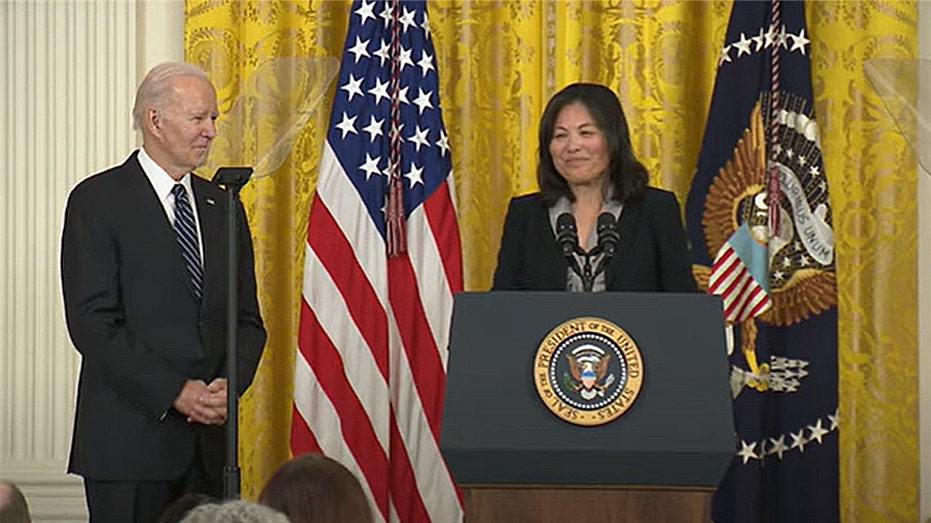Finance
Biden admin’s overtime rule would hurt small businesses, trade groups warn

The Biden administration’s proposed rule to increase overtime for millions of workers could negatively affect small businesses already struggling with inflationary pressures, according to several trade groups.
The U.S. Department of Labor’s proposed rule “Restoring and Extending Overtime Protections” would require employers to pay overtime to certain workers making less than about $55,000 per year — a dramatic increase from the $36,000 current threshold.
Timed for Labor Day, the Biden administration’s proposal, announced Wednesday, was quickly met with criticism from retail and hospitality trade groups.
In a statement, the National Retail Federation noted that the Labor Department’s “proposed threshold is well above the rate of inflation,” and added that the administration may not have the authority to “tie the hands of future administrations through automatic increases.”
BIDEN ADMIN LOOKS TO REQUIRE OVERTIME PAY FOR MILLIONS MORE SALARIED WORKERS
The last time the threshold increased was in 2020, when workers making less than $35,568 annually were required to receive time-and-a-half overtime pay. Before that, the threshold for overtime was set at $23,660 in 2004.
Several trade groups contested that the Biden administration’s latest proposal was too rapid an increase in such a short period of time.
“The Labor Department’s proposal to implement yet another overtime salary threshold increase is a massively disruptive change that would create negative economic impacts for both hotel workers and employers,” said American Hotel & Lodging Association (AHLA) president and CEO Chip Rogers.
FOX NEWS POLL: VOTERS FEEL BIDENOMICS MAKING THINGS WORSE
“Small business owners continue to grapple with the rising costs of conducting business and inflationary pressures. If implemented, DOL’s proposal would result not only in crushing increases in labor costs for employers, but also significant tax hikes and administrative costs as well,” Rogers said.
Blasting the “one-size-fits-all” approach, the AHLA contended that the rule ignores the “flexible work arrangements” that are common in the industry, and would reduce opportunities for growth, lead to reduced hours for workers and consolidate jobs. The AHLA also said the rule’s automatic increase in overtime thresholds every three years would put severe burdens on small businesses.
Other critics of the proposal predicted the rule would make it harder for entry-level workers to find jobs in some industries.

“Massive increases in labor costs like this simply cannot be absorbed by businesses,” said the Partnership to Protect Workplace Opportunity in a statement. “It will reduce opportunities, especially for recent graduates and younger professionals hoping to begin their careers.”
The Biden administration touted the proposed rule as a victory for workers.
“For over 80 years, a cornerstone of workers’ rights in this country is the right to a 40-hour workweek, the promise that you get to go home after 40 hours or you get higher pay for each extra hour that you spend laboring away from your loved ones,” said acting Labor Secretary Julie Su this week. “Workers deserve to continue to share in the economic prosperity of Bidenomics.”
The proposed rule could run into a difficult legal precedent set after the Obama administration’s attempt to increase the overtime threshold.
A federal court in Texas blocked Obama’s attempt to raise the salary threshold under the Fair Labor Standards Act (FLSA) to $47,476, finding that the overtime standard was so high that it made the overtime exemption for managers irrelevant.
Read the full article here


















